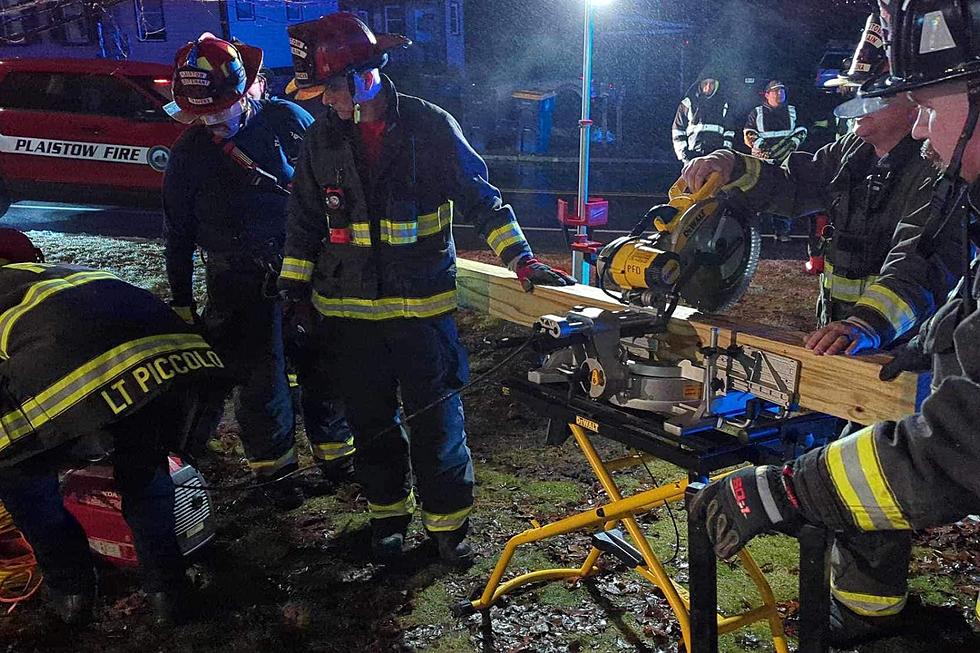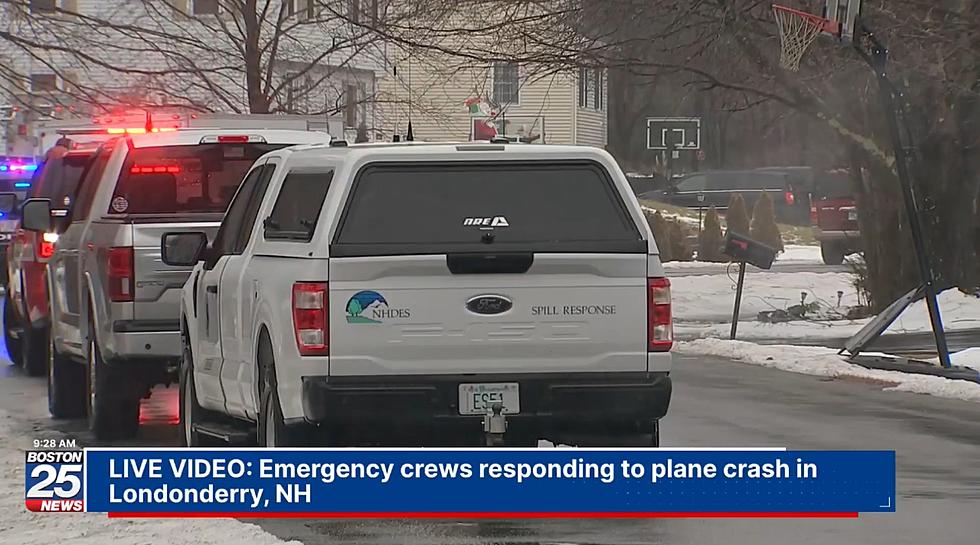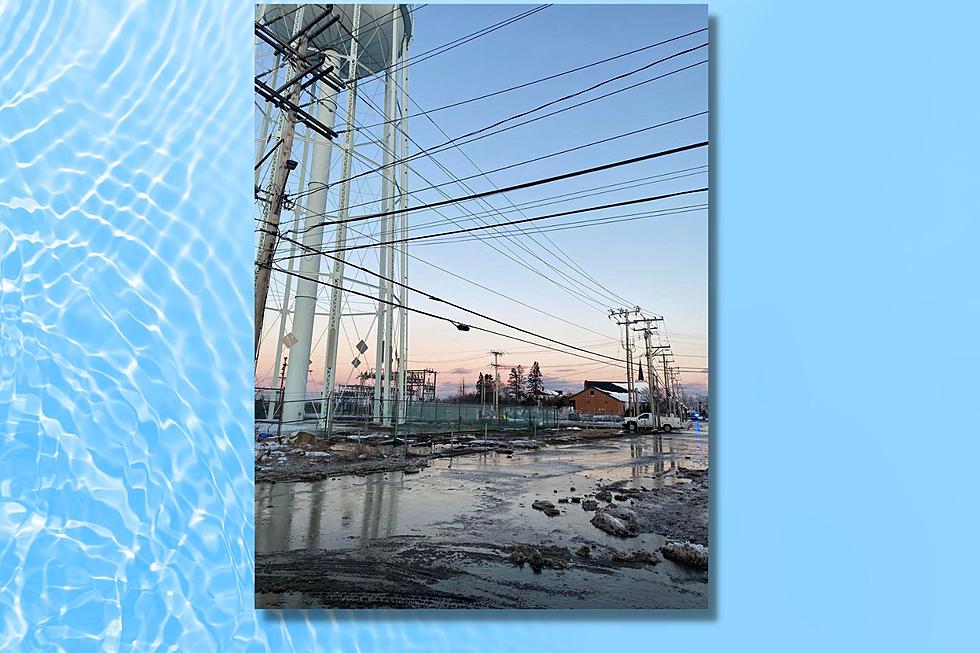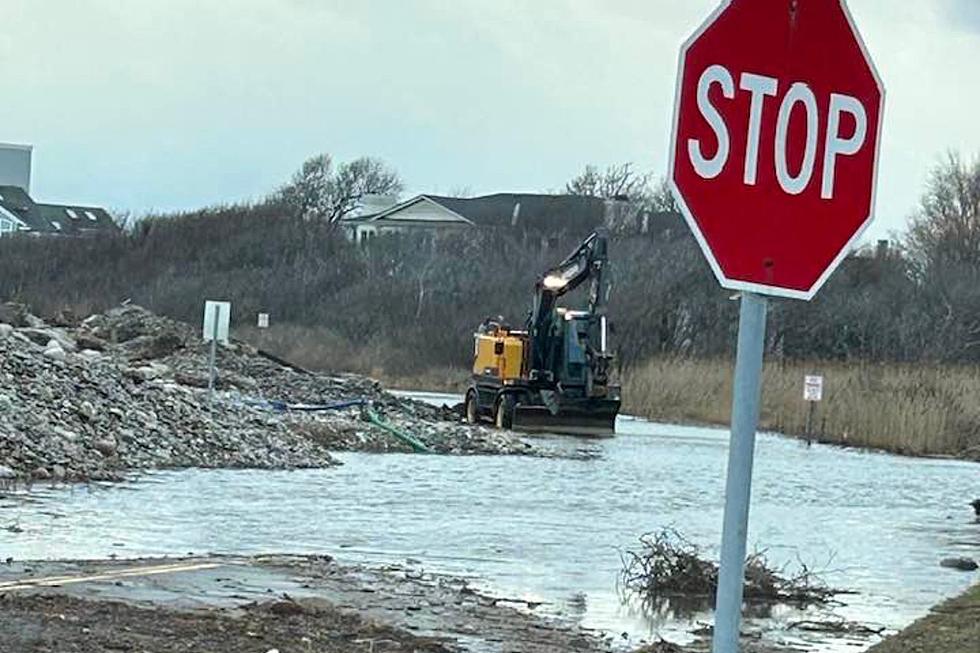
Federal Eviction Ban Ends, What It Means to Seacoast Renters
A U.S. CDC ban on the eviction of tenants put into place at the start of the pandemic and extended several times ended at midnight after Congress did not extend it.
Put in place by the Trump Administration in September 2020, President Joe Biden said he would not have the CDC extend it again because of a U.S. Supreme Court decision.
The lack of a ban puts 3.6 million Americans at risk of losing their homes.
"Given the recent spread of the Delta variant, including among those Americans both most likely to face evictions and lacking vaccinations, President Biden would have strongly supported a decision by the CDC to further extend this eviction moratorium to protect renters at this moment of heightened vulnerability. Unfortunately, the Supreme Court has made clear that this option is no longer available," according to a White House statement.
New Hampshire, Maine and Massachusetts all allowed state moratoriums to expire.
What does that mean for Seacoast tenants who have been unable to pay their rent?
New Hampshire
The federal order was the only measure in place protecting renters as a state moratorium was allowed to expire. However, New Hampshire has a law in place that prevents an immediate eviction and allows an additional 30 days to pay back rent.
The federally funded New Hampshire Emergency Rental Assistance Program provides assistance to eligible residents unable to pay rent and utilities directly or indirectly because of the pandemic.
The Community Action Partnership agencies are accepting applications and administering payments.
Tenant applicants must:
- Have household income at 80% or less of the Area Median Income where you live according to your household size. Click here for the income limit where you live.
- Had your income reduced, had significant costs, or had other financial hardship
because of COVID-19, or qualified for unemployment benefits between March 13,
2020 and the date of your application. - Show you are at risk of becoming homeless, that you pay more than 30% of your
income for rent and utilities, or that you might lose your housing by having a copy of a past-due rent bill, utility bills, and/or eviction notice.
Maine
Maine also allowed its eviction ban to end but the Maine State Housing Authority offers an assistance program called MaineHousing that has already helped 9,286 renters affected by COVID-19. It was allocated $200 million in December from the American Rescue Plan Act and has spent $46.2 million so far.
Tenant applicants must meet these criteria to be eligible:
- Your household income must meet certain income limits. Limits vary by location and household size.
- You must have had your income reduced, had significant costs, or had other financial hardship because of COVID-19 or qualified for unemployment benefits between March 13, 2020, and the date of your application.
- You must show you are at risk for becoming homeless or that you might lose your housing. This may include borrowing money to pay for housing costs or being behind in rent or utilities. It could also include getting an eviction notice or threats for eviction.
In anticipation of the federal ban ending MaineHousing expanded eligibility which takes effect at noon on Monday.
- Updating one of the eligibility requirements from having financial difficulty because of the pandemic to during the pandemic.
- Increasing the total number of months a household can receive assistance from 15 months to 18 months.
MaineHousing is also funding Pine Tree Legal Assistance and Legal Services for the elderly to provide legal representation for tenants facing eviction.
Massachusetts
While the state moratorium expired Gov. Charlie Baker signed a bill in June allowing courts to issue temporary continuances if a renter has filed for financial assistance until April 2022. The law also encourages tenants and landlords to negotiate terms of payment.
The state has put $100 million in federal money towards emergency rental assistance.
To qualify for rental assistance in Massachusetts, you must have an income no more than 80 percent of the area median income (AMI), must be able to prove a financial hardship related to COVID-19, and must be at risk of homelessness or housing instability. This could include being behind on your rent, not being able to afford future housing payments, needing assistance with utilities, and more.
A bill to reinstate the moratorium was introduced on Thursday but its fate is not clear.
Missouri Rep. Cori Bush (D) slept on the steps of the Capitol until legislative action is taken to put an eviction moratorium in place.
"I’m a formerly unhoused Congresswoman, and I know that people will die if we let the eviction moratorium expire," she wrote on her Twitter account.
A bill to reinstate the moratorium was introduced on Thursday but its fate is not clear
Congress has spent nearly $47 billion in assistance to states for both landlords and renters but distribution has been slow.
Contact reporter Dan Alexander at Dan.Alexander@townsquaremedia.com or via Twitter @DanAlexanderNH
LOOK: Here Are 30 Foods That Are Poisonous to Dogs
More From Seacoast Current








